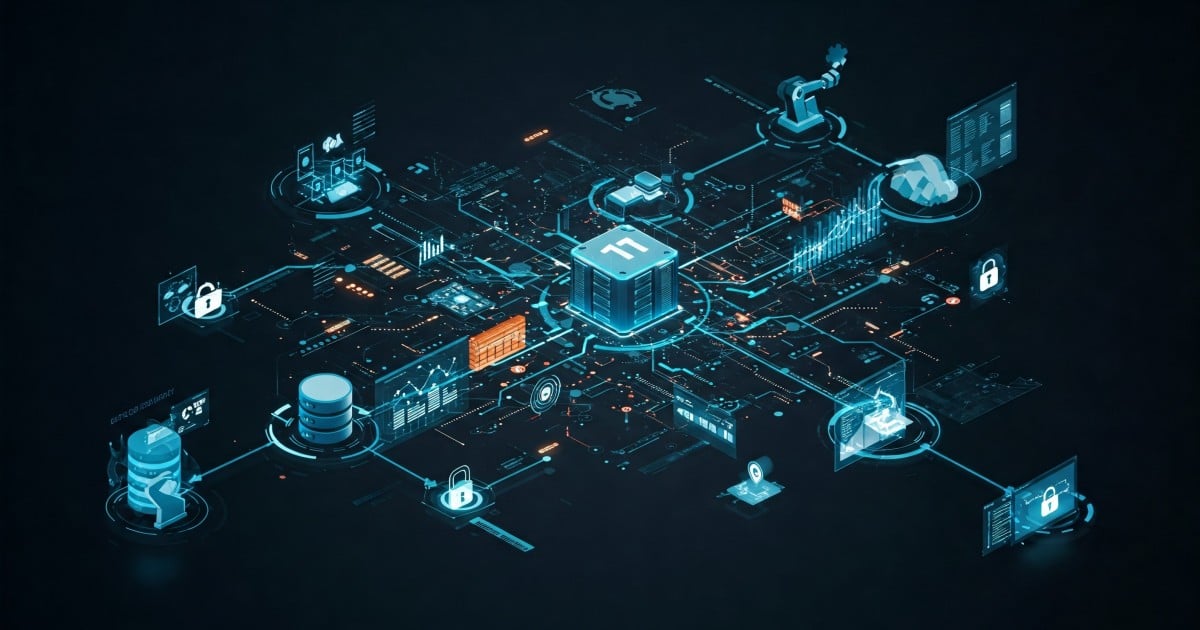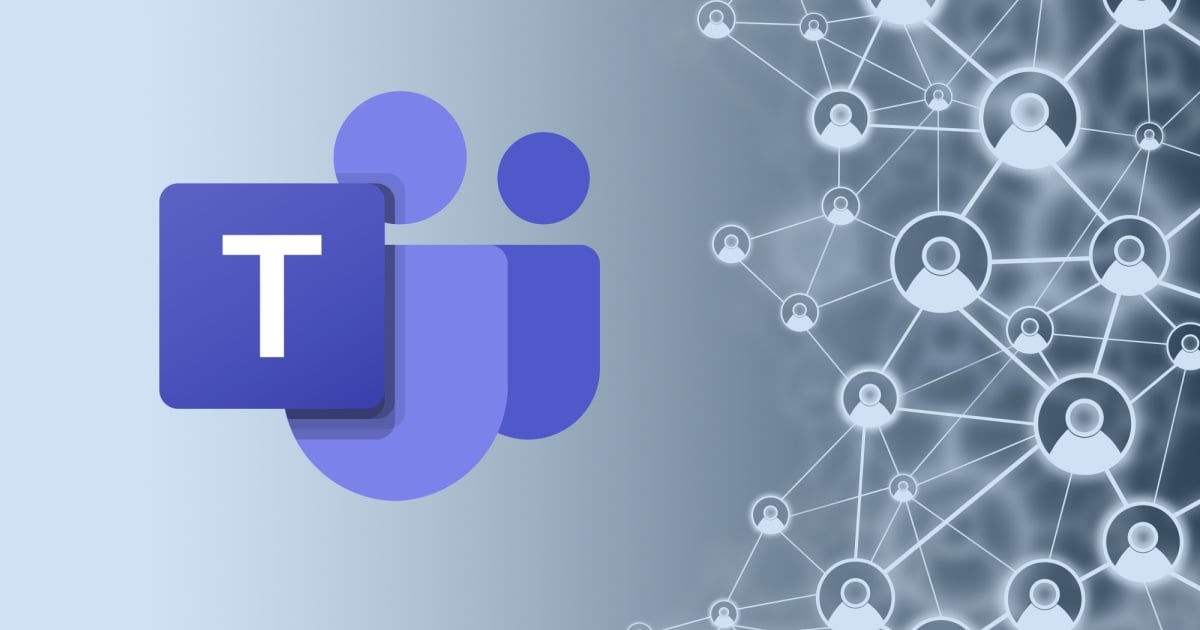
The managed services provider (MSP) landscape has changed dramatically over the past few years. For one thing, it’s grown, as more and more companies have begun favoring managed services in lieu of in-house IT, either partially or in full. Many factors, including the increasing complexity of IT environments, a parallel in-house skills gap, the continued adoption of cloud computing, and the rising demand for cybersecurity services – have contributed to the growth.
At the same time, the same factors have driven MSPs to evolve their business models and service offerings and most are now offering a wider range of services than just a couple of years ago. Many are also increasing specialization in specific verticals, like healthcare, finance, and retail, among others.
Of course, there are challenges, including increasing competition, pricing pressure, and talent shortages, which, combined with the market opportunity, continue to drive evolution in the MSP space.
N-able, in conjunction with analyst firm Canalys, just released its new MSP Horizons Report, which identifies some specific areas in which MSPs are finding new opportunities.
The MSP Business Model is Evolving; Cybersecurity Tops the List
The MSP business model is evolving. In the past, MSPs have traditionally focused on providing reactive support to their customers. However, the report shows that MSPs are increasingly moving towards a more proactive approach. This means they are providing customers with more strategic advice and guidance. They are also helping their customers to adopt new technologies and to improve their overall IT operations.
The Report shows that 78% of MSPs are now offering some form of proactive service. This is a significant increase from just a few years ago.
It’s not surprising that cybersecurity tops the list, given the importance placed on evolving threats, compliance requirements, and data breach liability concerns by business leaders. Managed cybersecurity growth is anticipated by 90% of MSPs and, while 65% of MSPs are already offering managed security services, security-related services are also the top four most important contributors to MSP revenue over the next few years, with MDR representing the most popular service MSPs are likely to add to their portfolios.
“A central theme of this year’s report is cyber resilience and a constant trend remains: cybersecurity is a key revenue driver,” said John Pagliuca, N-able president and CEO. “Conversations with MSPs worldwide make it clear that the line between IT operations and security operations has blurred. The leading MSPs differentiate themselves by addressing security across the entire attack lifecycle: from protection and detection to response and recovery. When it comes to cybersecurity, ‘good enough’ is no longer good enough.”
The Importance of Customer Experience
The report also highlights the increasing importance of customer experience. In today’s competitive market, MSPs need to provide their customers with exceptional experiences. This means providing high-quality services, being responsive to customer needs, and being proactive in identifying and resolving potential problems.
Exceptional experiences will be rewarded with loyalty. Once businesses have made the switch to an MSP, the prospect of another transition is an unwelcome one that could create business disruption. At the same time, poor performance or experiences are not likely to be tolerated given the critical nature of the services MSP provide.
It’s not surprising, then, that 82% of MSPs say customer satisfaction is their top priority and 76% say that they are investing in new tools and technologies to improve the customer experience. After all, customer experience drives success, including recommendations to other businesses.
The Need for Specialization
Another key trend is the increasing need for specialization. In the past, MSPs have largely been able to survive as generalists. However, the increasing complexity of IT environments is making it more and more difficult for MSPs to be experts in everything.
At the same time, many verticals have very specific cloud, security and compliance, analytics, and other requirements and businesses are increasingly looking for MSPs that have the expertise to help them with their unique needs. MSPs that can specialize in specific areas will be more successful in meeting these needs.
Specialization is, indeed, a growing trend, with 62% of MSPs now specializing in specific industries and 54% planning to specialize in a new area in the next two years.
The Impact of Automation and AI
There is no denying the impact of artificial intelligence and automation on the managed services industry. They are having a major impact on the way that MSPs deliver their services. For example, automating tasks such as monitoring, patching, and security frees up MSP staff to focus on more strategic tasks.
Currently, 72% of MSPs are using some form of automation, driving efficiency improvements and cost reduction.
AI adoption is high among MSPs, with only 6% saying they don’t use any generative AI, and 40% have generated data governance rules and designed guidelines for human oversight. (That figure feels like it should be higher, but it likely will increase as AI uses cases evolve.) The biggest AI use cases are building workflow automations and automating sales and ticketing processes.
We have only scratched the surface of generative AI and, as use cases evolve, AI will continue to drive improvements in MSP operations and service delivery.
The MSP Horizons 2025 report also discusses the impact of automation on the managed services industry. The report shows that
The Future of MSPs
The MSP Horizons 2025 report predicts that the managed services industry will continue to grow in the coming years, forecasting the global managed services market to reach $250 billion by 2025.
Naturally, in order to support that growth trajectory, MSP business model will continue to evolve as MSPs master AI and other emerging technologies that will enable their goals of more proactive services, vertical specialization, operational efficiency, and customer satisfaction.
With the growth, we are also likely to see another uptick in M&A in the MSP space, as successful MSPs will see these as viable strategies for achieving geographic or vertical expansion and customer acquisition. An overwhelming majority (90%) or MSP are looking at M&A as a growth tactic.
Edited by
Erik Linask






